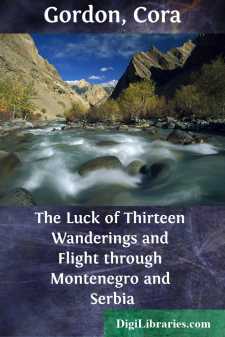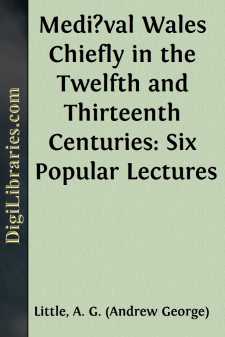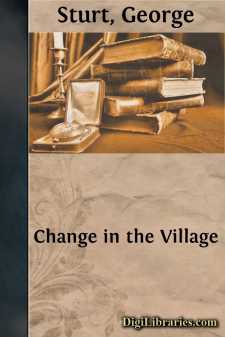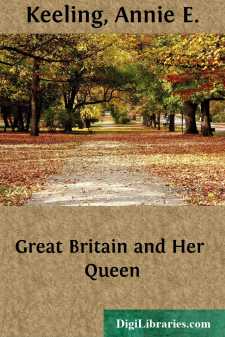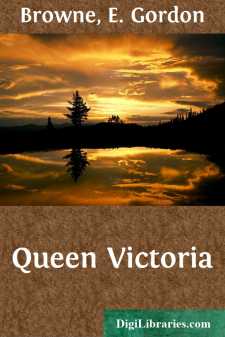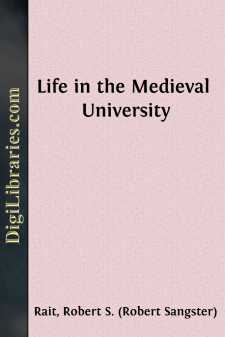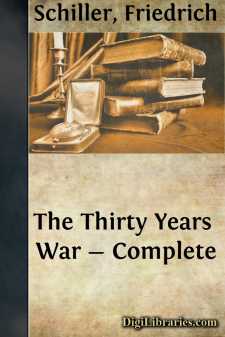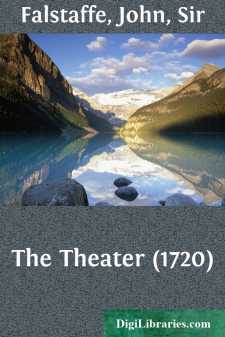History
- Africa 30
- Americas (North Central South West Indies) 50
- Ancient 68
- Asia 58
- Australia & New Zealand 8
- Canada 41
- Caribbean & West Indies 1
- Civilization 20
- Eastern Europe 12
- Europe
- Expeditions & Discoveries 60
- General 77
- Historical Geography 1
- Jewish 9
- Latin America 3
- Medieval 8
- Middle East 13
- Military 248
- Revolutionary 8
- Study & Teaching 5
- United States 353
- Western Europe 56
- World 13
Europe Books
Sort by:
by:
Cora Gordon
INTRODUCTION It is curious to follow anything right back to its inception, and to discover from what extraordinary causes results are due. It is strange, for instance, to find that the luck of the thirteen began right back at the time when Jan, motoring back from Uzhitze down the valley of the Morava, coming fastish round a corner, plumped right up to the axle in a slough of clinging wet sandy mud. The...
more...
During the last twenty years the patient researches of successive students in the archives of North Italian cities have been richly rewarded. The State papers of Milan and Venice, of Ferrara and Modena, have yielded up their treasures; the correspondence of Isabella d'Este, in the Gonzaga archives at Mantua, has proved a source of inexhaustible wealth and knowledge. A flood of light has been...
more...
by:
Various
A WISE WARNING. Dædalus Bismarck (Political Parent of Wilhelm Icarus). "My son, observe the middle path to fly, And fear to sink too low, or rise too high. Here the sun melts, there vapours damp your force, Between the two extremes direct your course. "Nor on the bear, nor on boötes gaze, Nor on sword-arm'd orion's dangerous rays: But follow me, thy guide, with watchful sight, And,...
more...
INTRODUCTORY IN the following lectures no attempt will be made to give a systematic account of a political development, which is the ordinary theme of history. History is “past politics” in the wide sense of the word. It has to do with the growth and decay of states and institutions, and their relations to each other. The history of Wales in the Middle Ages, viewed from the political standpoint, is...
more...
by:
George Sturt
THE VILLAGE If one were to be very strict, I suppose it would be wrong to give the name of "village" to the parish dealt with in these chapters, because your true village should have a sort of corporate history of its own, and this one can boast nothing of the kind. It clusters round no central green; no squire ever lived in it; until some thirty years ago it was without a resident parson; its...
more...
by:
Annie E. Keeling
CHAPTER I THE GIRL-QUEEN AND HER KINGDOM Rather more than one mortal lifetime, as we average life in these later days, has elapsed since that June morning of 1837, when Victoria of England, then a fair young princess of eighteen, was roused from her tranquil sleep in the old palace at Kensington, and bidden to rise and meet the Primate, and his dignified associates the Lord Chamberlain and the royal...
more...
by:
E. Gordon Browne
CHAPTER I: A Look Back In the old legend of Rip Van Winkle with which the American writer Washington Irving has made us so familiar, the ne'er-do-weel Rip wanders off into the Kaatskill Mountains with his dog and gun in order to escape from his wife's scolding tongue. Here he meets the spectre crew of Captain Hudson, and, after partaking of their hospitality, falls into a deep sleep which...
more...
INTRODUCTORY "A Clerk ther was of Oxenford also,That unto logik hadde longe y-goAs lene was his hors as is a rake,And he was not right fat, I undertake;But loked holwe, and therto soberly,Ful thredbar was his overest courtepy,For he had geten him yet no benefyce,Ne was so worldly for to have offyce.For him was lever have at his beddes heedTwenty bokes, clad in blak or reed,Of Aristotle and his...
more...
The present is the best collected edition of the important works of Schiller which is accessible to readers in the English language. Detached poems or dramas have been translated at various times since the first publication of the original works; and in several instances these versions have been incorporated into this collection. Schiller was not less efficiently qualified by nature for an historian...
more...
by:
John Falstaffe
INTRODUCTION The Theatre, by "Sir John Falstaffe", is according to its author a continuation of Richard Steele's periodical of the same name. Shortly after Steele brought his paper to a close on April 5, 1720, the anonymous author who called himself "Falstaffe" appropriated his title; or if we prefer Falstaffe's own account of the matter, he was bequeathed the title upon the...
more...


